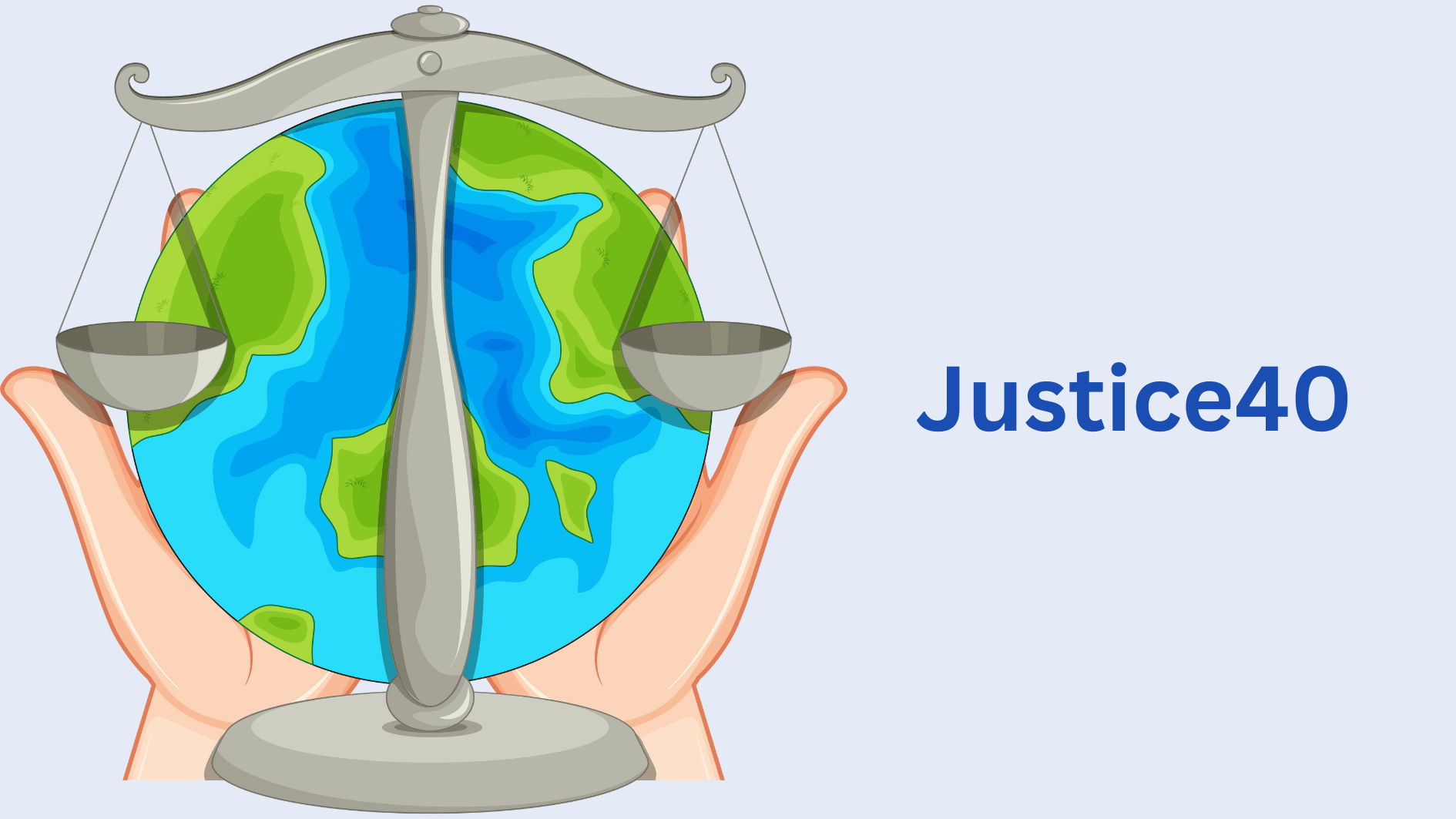Image source: Canva.com
Solar panel systems in Illinois can be expensive, but incentives significantly offset the cost. As an Illinois homeowner, you have access to excellent incentives that can greatly enhance your return on investment in solar panels.
The Residential Clean Energy Credit
The Residential Clean Energy Credit, previously known as the Federal Investment Tax Credit (ITC), can reduce the cost of your solar panel system by 30%. This incentive covers the entire system, including equipment, labor, permitting, and sales tax.
To claim this incentive, you need to purchase your system with cash or a solar loan, as leasing does not qualify for the ITC. You must have a sufficient federal tax liability to use the credit, though any unused portion can be rolled over year-to-year until the ITC expires at the end of 2034. Direct payment of the ITC is only available to tax-exempt entities, such as nonprofit organizations.
Solar for All
- The Community Power Coalition (CPC)’s SFA program, “Powering America Together,” will collaborate with and enhance the impact of the US Department of Energy’s National Community Solar Partnership and Community Power Accelerator program. Led by Inclusive Prosperity Capital, Inc., CPC comprises seasoned community solar experts who have contributed to the Community Power Accelerator as developers, lenders, trainers, and technical assistance providers. The program aims to support the development of low-income community solar projects, reduce carbon emissions, lower energy costs, and promote quality jobs, community wealth-building, energy resilience, and equitable workforce development.
- Illinois’s initiative aims to extend the advantages of solar energy to low-income and disadvantaged communities statewide. Building upon the existing Illinois Solar for All (ILSFA) program and Adjustable Block Program/Illinois Shines (Illinois Shines), this program will provide financial assistance in the form of grants and loans to facilitate health and safety improvements, enabling upgrades, and the integration of energy storage. It will also expand residential solar access, promote energy sovereignty, and support community-driven projects. Additionally, critical capital will be allocated to disadvantaged solar vendors to enhance their businesses and capabilities.
- Teaming up with lead applicant GRID Alternatives, a coalition of ten mission-driven nonprofit solar and affordable housing providers and allies has collaborated to develop the Solar Access for Nationwide Affordable Housing Program (SANAH). SANAH is meticulously crafted to maximize benefits for households and communities while advancing equity, reducing harmful pollution, and combating climate change.
The program offers a multitude of advantages, including expanded access to solar and storage for income-qualified households, significant energy savings and relief from burdensome costs, as well as additional benefits like efficiency improvements and electrification.
Net Metering
Residential and commercial customers of ComEd, Ameren and MidAmerican can participate in “net metering.”
Under net metering, solar customers reduce the amount of electricity needed from their utility by generating their own power, and utilities must buy any excess electricity not consumed on site – normally at a ratio of 1:1, meaning a kilowatt-hour exported equals a kilowatt-hour credited.
Illinois Shines Program
Illinois Shines makes “going solar” more affordable for people across Illinois. With valuable incentives, step-by-step guidance, important consumer protections, and an emphasis on equity, Illinois Shines ensures everyone in Illinois can play a role in our clean energy future. The Program supports the State’s targets to have 40% of its energy come from renewable energy sources such as solar by 2030, 50% by 2040, and 100% clean energy by 2050.
Discover the Ideal Solar System for Your Home in Just a Few Clicks!
ComEd – Distributed Generation Rebates
As required by Illinois law, Commonwealth Edison offers rebates for distributed generation installation. Rebates are available as follows:
- for systems not owned by Residential or Under 100 kW Demand Class, or for Community Solar systems, the available rebate is $250 per kW
- for these customers, an additional rebate of $250 per kW is available for installation of energy storage systems
- for systems owned by Residential or Under 100 kW Demand Class customers, the available rebate is $300 per kW
- for these customers, an additional rebate of $300 per kW is available for installation of energy storage systems
City of Chicago – Green Building Permit Programs
The City of Chicago’s Green Building Permit Programs offer incentives like priority processing for construction projects that meet green building standards, such as LEED certification. These programs aim to promote sustainable building practices, energy efficiency, water conservation, and the use of environmentally friendly materials. To participate in the Green Permit Benefit Tier Program, applicants must submit documentation outlining all the green building components included in the project. These components will be discussed during the initial Green Permit Program orientation meeting. To maximize the program’s benefits, applicants can contact the Green Permits Project Administrator to arrange a meeting once the construction documents are projected. A dedicated Green Permit Project Administrator then guides the applicant through the expedited permit process.
Special Assessment for Solar Energy Systems
Illinois offers a special property tax assessment for solar energy systems. When a claim for alternate valuation is filed, the chief county assessment officer must determine two values: the value of the improvements as if they were equipped with a conventional heating or cooling system, and the value of the improvements as equipped with the solar energy system. The alternate valuation will be the lower of these two values.
Eligible equipment includes both active and passive solar energy systems. The exemption does not apply to equipment that can be used in a conventional energy system or to components that serve non-solar purposes, such as structural, aesthetic, or insulating functions.
This exemption also does not apply to commercial solar energy systems in counties with fewer than 3,000,000 inhabitants. In this context, “commercial” refers to systems that generate electricity primarily for wholesale or retail sale, not for on-site use.
To have their solar energy property valued in this manner, individuals must file the State of Illinois PTAX-330 property tax form with their local county assessor’s office.
Disclaimer
The information provided herein is for informational purposes only and is accurate as of the time of publication. Please be aware that the solar energy landscape, including technology, regulations, incentives, and market conditions, changes frequently. Therefore, it is essential to consult with qualified experts and professionals before making any decisions regarding solar energy installations or investments. This will ensure that you receive the most current and applicable advice tailored to your specific circumstances.





